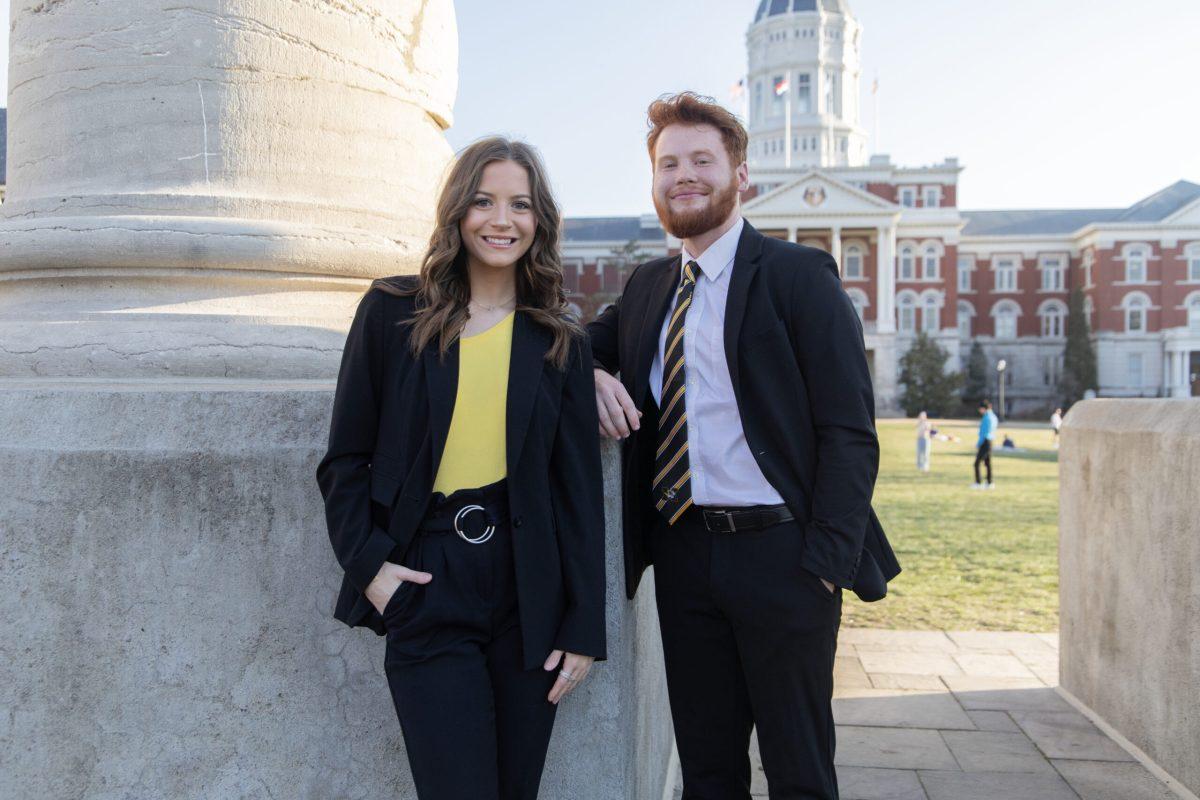During the last full week of July, 45 university students traveled from across the country to Washington as student advocates. Each student represented their respective states and the quickly-growing American Conservation Coalition Campus.
I’ve represented ACCC at MU since November 2018 when I was motivated to blend my political and environmental interests. It was exhausting to see environmental conversations ostracize and exclude conservatives.
This year’s Washington fly-in mission was to promote an All-Of-The-Above energy approach. The concept uses a wide variety of energy sources to meet America’s energy consumption, production, and sustainability needs. The All-Of-The-Above approach allows free-markets to allow a diverse energy market compete. This is most favorable in a country like ours with its wide variety of landscapes and an abundance of natural resources. Rather than the government dictating the use of only one or two forms of energy, different regions can choose for themselves. Local areas could capitalize on what works best for them. The elimination of energy subsidies that tend to favor coal would be a huge first step. Increased investment in innovation combined with consumer choice will result in significant reductions in America’s carbon emissions.
The U.S. has been a global leader in reducing emissions thanks to technological innovation and alternative energy sources. The Center for Climate and Energy Solutions states that “U.S. net emissions declined 12% from 2005 to 2017 due to a range of market-and policy-related factors.” Continuing American innovation will make it easier for developing countries to follow America’s lead, and they too can participate in the clean energy economy of the future.
At the local level, Missouri can choose between our outdated coal plants or replacing them with new energy sources. According to the U.S. Energy Information Administration, “In 2018, 13% of the state’s electricity generation came from the Callaway nuclear power plant.” Clean energy is not only more efficient, but its rapid growth is employing many Missourians. The Columbia Daily Tribune reported in April that, “Statewide, all clean energy sector jobs added 1,562 employees in 2018.” It is clear that Missouri has better options than just traditional coal and they should be taken into consideration.
During our day of activism, my team spoke to the office staff of Joni Ernst, R-Iowa, Chuck Grassley, R-Iowa, Tom Cotton, R-Ark., John Boozman, R-Ark., Roy Blunt, R-Mo. and Senate Majority Leader Mitch McConnell, R-Ky. Each meeting with these Republican legislators was extremely friendly. It encouraged us to hear that our Republican leaders would more strongly champion an environmental message knowing they had our support. The results are coming in with new pro-environmental legislation and our officials’ media posts.
A huge contributing factor to our positive meetings is our positive message. ACCC is one of few environmental groups that have an encouraging outlook. ACCC champions a unifying message of an innovative future that all Americans can contribute to left or right. In my experience as a campus chairman, many left-leaning environmental groups are more inclined to be divisive. During the Columbia Climate Strike in March, many of the protestors hurled explicit insults at many Republican leaders I know and respect. Hearing f-bombs being dropped to express their hatred towards Republicans made me feel unwelcome to help make America green. Contrastly, ACCC’s mission allows for unity by changing the narrative in the environmental conversation.
The American Conservation Coalition has reached huge milestones in its first two years. The organization and the Republican Party at large has a promising future ahead. I am proud to have represented ACCC in our nation’s capital and will continue to on MU’s campus.
-Dalton Archer, MU student











